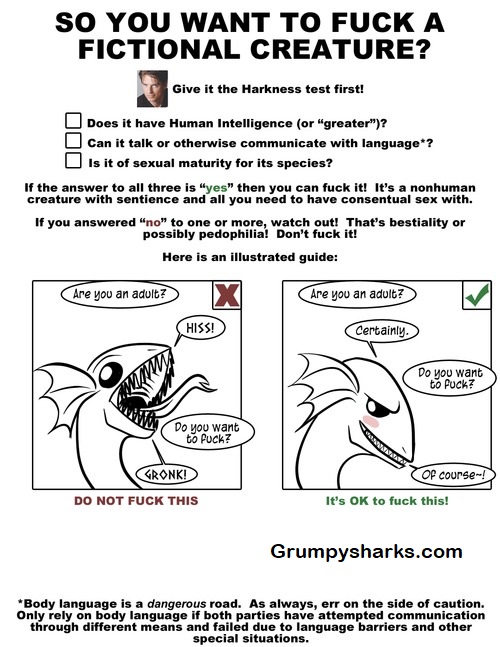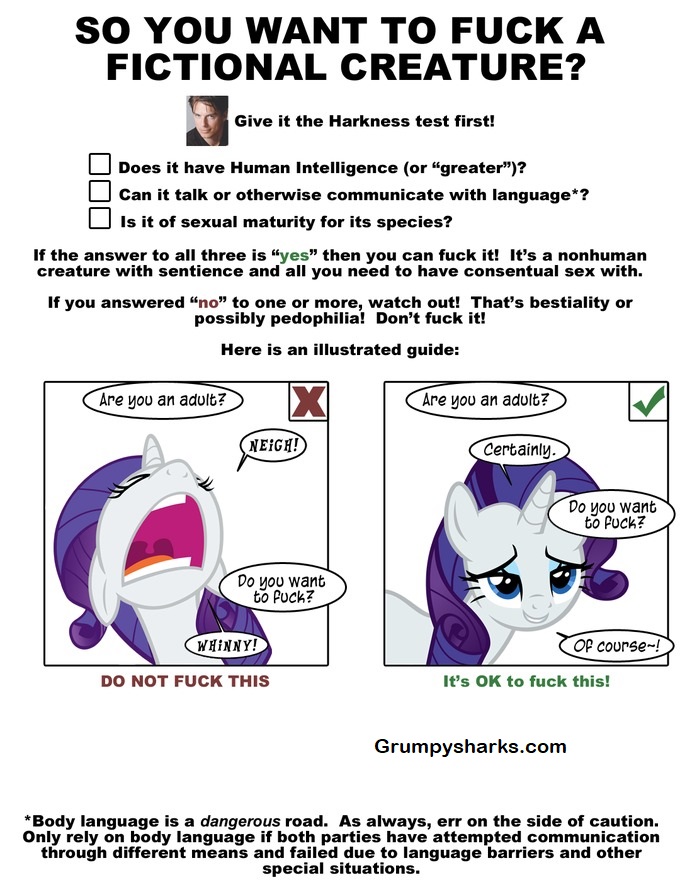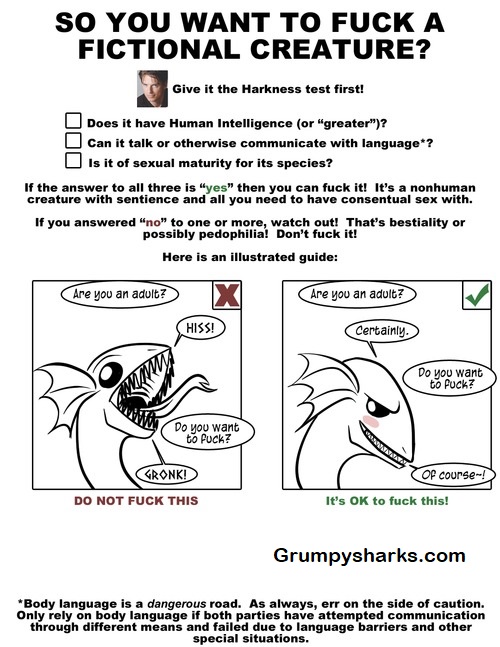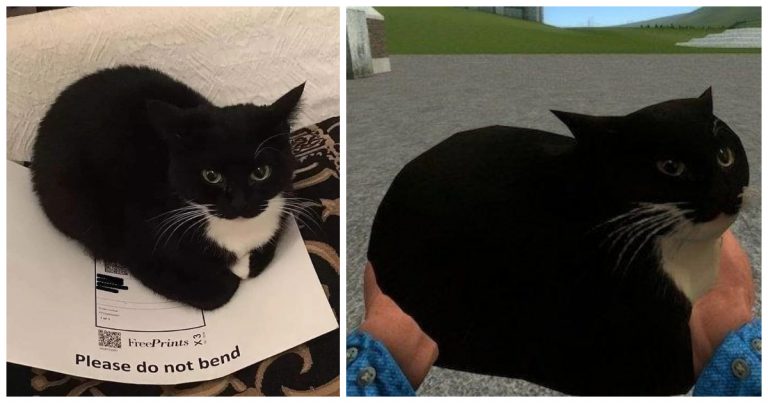Harkness Test Meme EXPLAINED: Meaning, Origin, and Why It Went Viral
The Harkness Test meme is a viral internet joke that blends sci-fi ethics with absurd humor, based on a fictional set of rules for determining whether a human can ethically engage in a relationship with a non-human being. In this article, we’ll explain the meaning of the Harkness Test meme, its origin in fandom circles and internet culture, and why it went viral across platforms like Reddit, Tumblr, and TikTok.
Its combination of niche references and comedic overthinking has made it a favorite among meme lovers who enjoy mixing morality debates with chaotic energy.
#1 What Is the Harkness Test Meme?
The Harkness Test meme is a humorous and fictional internet quiz that satirically determines whether a human character can ethically have sex with a non-human creature in a sci-fi or fantasy setting. It’s based on a fictional test created by Captain Jack Harkness, a pansexual character from the Doctor Who and Torchwood universe, known for his romantic interest in aliens and non-human beings.
#2 What Is the Memeification of the Harkness Test?
The Harkness Test started as a tongue-in-cheek ethical thought experiment within sci-fi fandoms—but it didn’t stay niche for long. Once it landed on platforms like Tumblr, Reddit, and Twitter, it quickly became a full-blown meme, with fans applying it to everything from dragons and Pokémon to robots, vampires, and cursed mascots—all in mock-serious fashion.
Its meme appeal comes from how overly formal and logical it sounds when used on clearly ridiculous fictional creatures. People started creating:
-
Alignment charts (e.g., “Would you pass the Harkness Test for this creature?”)
-
Flowcharts ranking species based on test eligibility
-
Fandom debates over characters like Chewbacca, Bowser, or Xenomorphs
The humor lies in the mix of nerdy structure and absurd subject matter—a perfect recipe for meme culture that loves over-explaining, ironic logic, and fictional over-analysis.
In short, the Harkness Test meme became a viral format by turning a weird, fake test into a mock-academic fandom ritual, showing how the internet turns even the strangest ideas into structured, shareable fun.
#3 Why Did the Harkness Test Meme Go Viral?
The Harkness Test meme went viral because it perfectly blended fandom obsession, absurd humor, and just enough fake logic to feel like a real debate. It gave internet users a playful, “scientific” way to discuss something that was already happening—falling for dragons, aliens, robots, and other non-human characters.
Here’s why it caught fire online:
1. It’s Ridiculous—But Weirdly Relatable
Plenty of fandoms already joke about being into strange or fictional creatures. The Harkness Test added a mock rulebook to those conversations, making it feel like a structured (but hilarious) ethical debate.
2. It Encourages Participation
Whether you’re sorting Pokémon by “test eligibility” or arguing if a vampire counts as “mature for their species,” the meme invites creative takes and fandom discourse—perfect for user-generated content.
3. It Works Great Visually
The format shines in charts, alignment grids, memes, and TikTok voiceovers. It fits platforms like Reddit, Tumblr, and TikTok, where users love mixing satire with fandom analysis.
4. It Speaks Fluent Fandom
The meme taps into long-time internet habits like shipping, fictional thirst posts, and overanalyzing made-up worlds. That connection to existing fandom culture helped it spread fast and wide.
In the end, the Harkness Test meme went viral not just because it’s funny—but because it gave fans a clever way to joke, analyze, and bond over the ethics of fictional attraction, all while pretending to be serious.
#4 What Are the Most Popular Variants and Wild Applications of the Harkness Test Meme?
The Harkness Test meme has evolved into a full-on fandom playground—where irony, overanalysis, and questionable monster crushes collide. What started as a fake ethical guide for interspecies romance now powers charts, debates, and hilarious justifications across the internet.
1. Creatures Most Commonly “Tested”
Fans love applying the Harkness Test to non-human characters that live somewhere between relatable and ridiculous. Favorites include:
-
Dragons (from Skyrim, D&D, How to Train Your Dragon)
-
Vampires and Werewolves—often passing with flying colors thanks to their charm, intelligence, and experience
-
Pokémon, which fuel intense debates (e.g., “Is Meowth test-compliant? Is Pikachu?”)
-
AI and Robots (like Cortana, HAL 9000, or Detroit: Become Human)—passing or failing depending on their sass level and creep factor
These discussions are delivered in mock-serious tones, as if arguing in a fictional courtroom: “Your Honor, the vampire in question clearly meets the consent criteria…”
2. Satirical Tier Lists and Meme Charts
One of the most viral formats is the Harkness Test tier list, where characters or species are ranked like this:
-
Fully Ethical – Communicates, consents, mature
-
Debatable – Non-verbal, telepathic, or morally gray
-
Fails the Test – Can’t communicate, is a literal goo monster
You’ll also find flowcharts, alignment grids, and color-coded meme tables that look like actual research—until you realize they’re evaluating whether a slime from an anime is dateable.
3. Crossover Memes and Viral Questions
Where the meme really shines is in cross-fandom mashups, like:
-
“Does Shrek pass the Harkness Test?” (Most agree: Absolutely.)
-
“Which Marvel characters fail?” (Debate erupts over Rocket Raccoon.)
-
“Would dating E.T. be ethical?” (The internet has… opinions.)
These crossover memes mix the Harkness Test with formats like Wojak, “Hot or Not,” brain-expansion charts, and more—pushing the meme into absurd, yet oddly detailed territory.
#5 FAQs About the Harkness Test Meme
1. Is the Harkness Test a real ethical theory?
No—the Harkness Test isn’t a real ethical theory. It’s a fictional, satirical meme that pokes fun at how fandoms try to rationalize attraction to non-human creatures in sci-fi and fantasy. While it sounds like a serious moral framework, it’s purely an internet joke designed to spark debate, not real ethics.
2. Who invented the term “Harkness Test”?
The name comes from Captain Jack Harkness, a pansexual character from Doctor Who and Torchwood, famous for flirting with humans, aliens, and robots alike. The test wasn’t mentioned in the show—it was created by internet users, especially on Tumblr and Reddit, as a way to jokingly define “rules” for interspecies romance.
3. What kind of creatures usually fail the Harkness Test, and why?
Creatures that fail typically can’t:
-
Speak or communicate clearly
-
Give meaningful consent
-
Show maturity for their species
Some common “fail” examples include:
-
Most Pokémon (if they only say their name)
-
Mindless zombies or animals
-
Slimes and blobs with no signs of intelligence
-
Eldritch horrors that melt your brain when they talk
These “failures” are played for laughs—not judgment—adding to the meme’s weird, over-the-top fun.
#6 Conclusion
The Harkness Test meme is a perfect example of how the internet turns even the weirdest fictional concepts into shared jokes, fandom rituals, and playful chaos. What began as a fake set of ethical rules—loosely inspired by a flirty sci-fi character—has become a viral tool for debating monster crushes with mock logic and serious commitment.
By mixing satire, fandom passion, and ironic overthinking, the meme gives people permission to laugh at themselves while diving deep into questions no one ever asked—but everyone now wants to answer. Whether you’re debating if a dragon can give consent, ranking AI on maturity, or defending Shrek’s test-passing credentials, the Harkness Test shows us one thing clearly:
The internet will always find a way to make logic weird—and fun.









